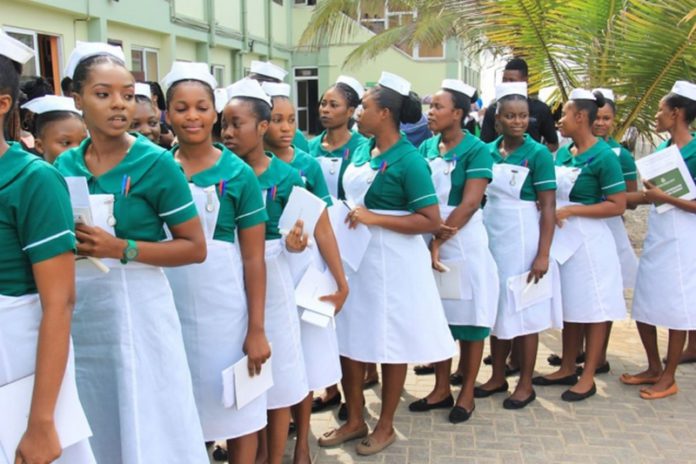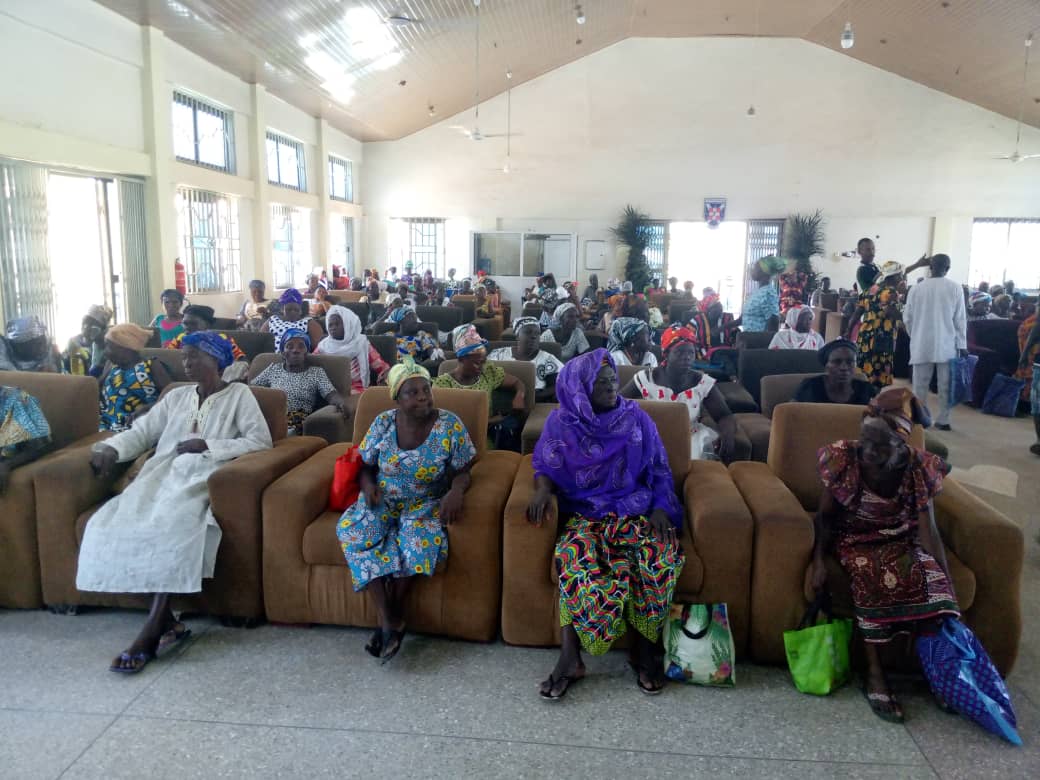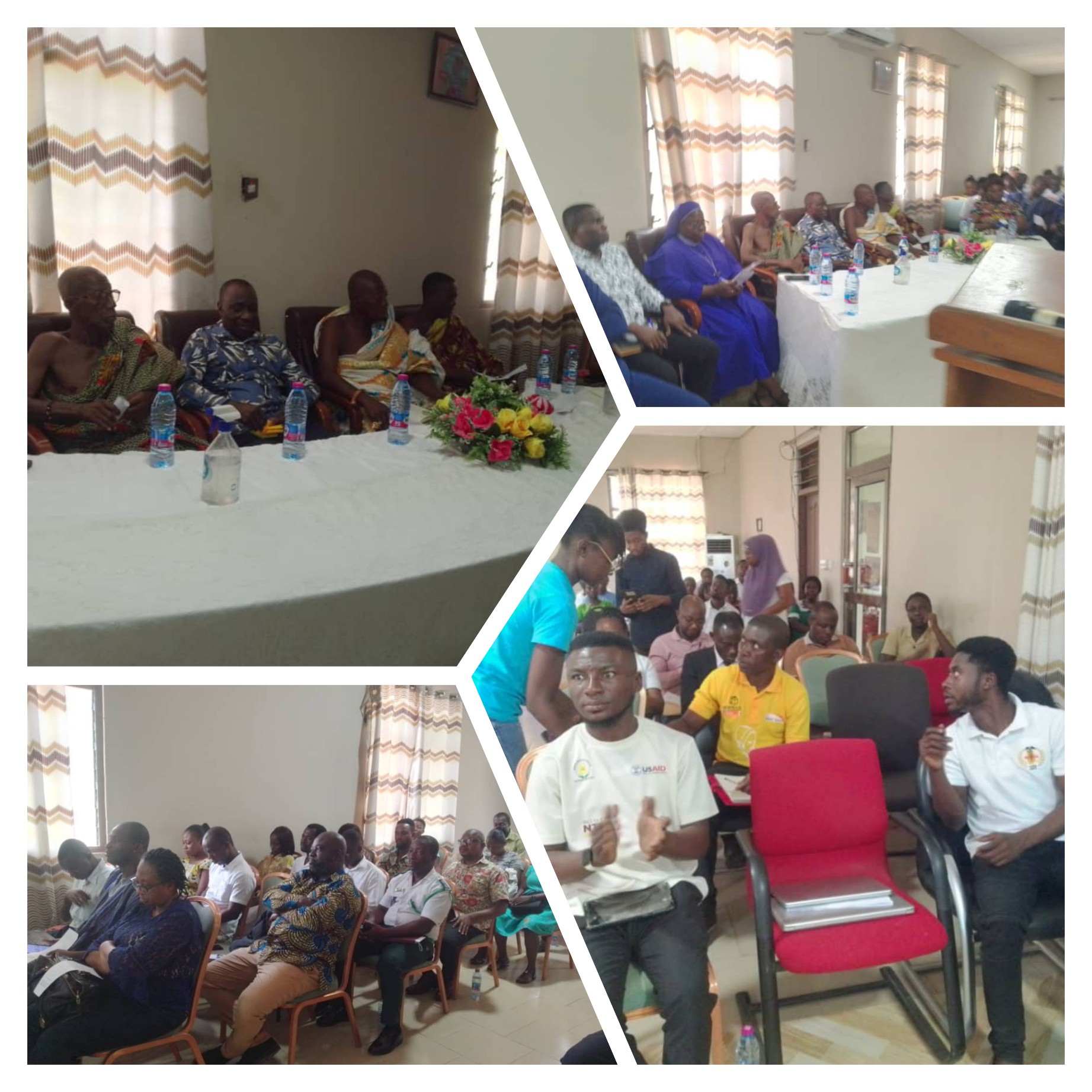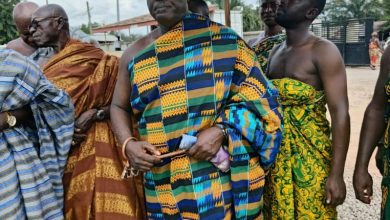Adeito Chiefs, Assembly Member Lead Charge for Health Project Completion


Traditional leaders and local authorities in Adeito, a farming community in the Bosome-Freho District of the Ashanti Region, have taken a bold step to rally support for the completion of a stalled community health project that residents say is vital to their wellbeing.

The project, which includes a delivery room, an Out-Patient Department (OPD), and other essential units, was initiated by the community through self-help efforts to address the growing healthcare needs of Adeito and nearby communities. However, construction has halted midway due to lack of funding, leaving residents frustrated and concerned about the consequences of not having a fully functional health facility.

Speaking to Media during the recently held Cabbafest Festival in Adeito, the Kontihene of the community, Nana Appiah Kubi, and the Assembly Member, Hon. Sammy Acheampong, jointly called on the government, non-governmental organisations, and benevolent individuals to step in and help bring the project to completion.

“This is not a project for Adeito alone,” Nana Appiah Kubi said. “The facility will serve more than five communities around us who currently struggle to access quality healthcare. The people have done their part—now we need government support and intervention from stakeholders to complete this facility.”

Residents who spoke to the media said they have been contributing money and labour over the past few years to construct the health centre. They noted that even though the facility was elevated to the status of a health centre by district health authorities, the lack of physical infrastructure and medical equipment continues to hamper service delivery.

“We’ve come a long way on our own, but we’re stuck now. The walls are up, the roofing is done, but we can’t complete the rest without help. Pregnant women and the elderly are suffering the most,” one resident lamented.

Assembly Member Hon. Sammy Acheampong echoed these concerns, highlighting the risks community members face due to the absence of a fully equipped health centre. He stressed that lives are at risk every day as residents travel long distances to reach the nearest hospital, often under dangerous conditions.

“We’re not asking for much—just the needed support to complete what we started. This project can save lives and improve healthcare access for thousands. It deserves the attention of the district health directorate, the Ministry of Health, and all who care about equitable healthcare,” he said.

The appeal by Adeito’s traditional and local leadership is a reflection of the broader challenge many rural communities in Ghana face: inadequate healthcare infrastructure, limited funding, and little government attention. While urban centres continue to see improvements in health delivery, communities like Adeito are left behind, relying on communal effort and hope.

Despite the setbacks, the people of Adeito remain determined. With the strong backing of their leaders, they are optimistic that their cry for help will be heard—and that the long-awaited completion of their health project will become a reality in the near future.





